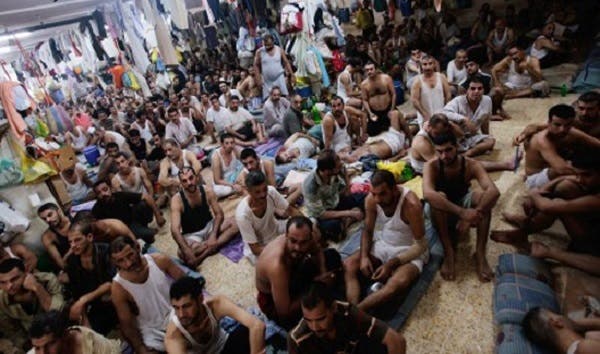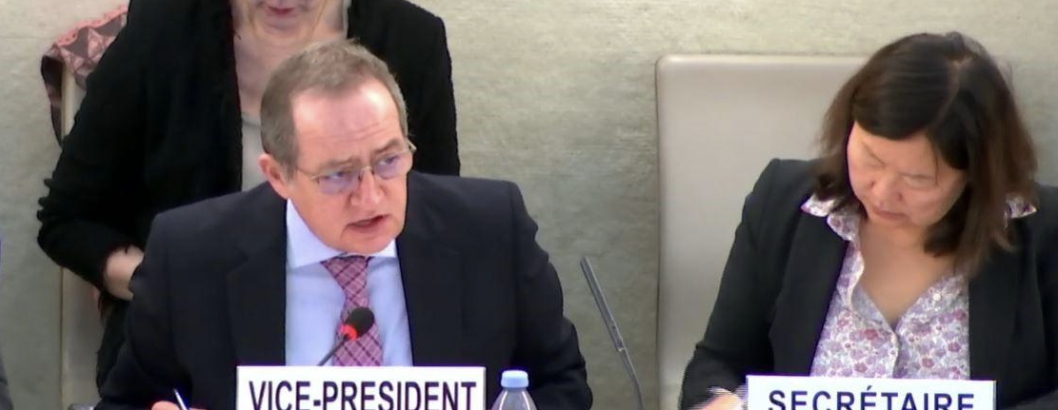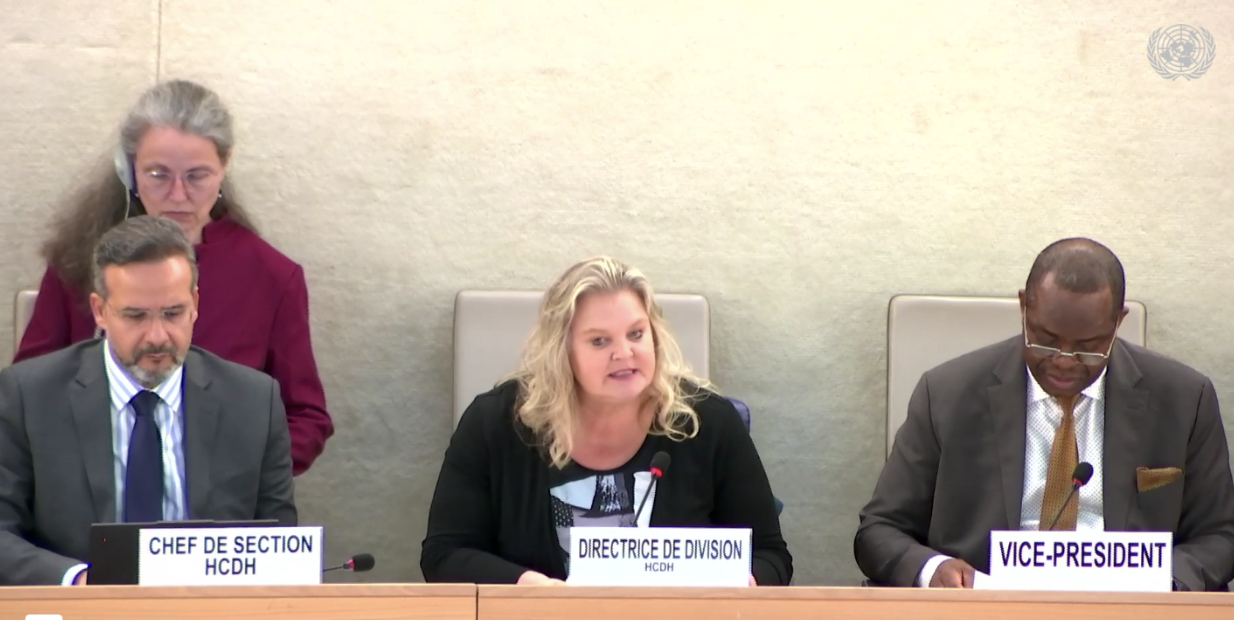
Numerous grave and widespread human rights abuses occur daily in Iraq. The abuses include arbitrary arrests, torture, enforced disappearances, suppression of peaceful demonstrations, lack of food and safe water supplies, and an absence of basic services across most of the country. Amid the ever-increasing crisis concerning the Covid-19 pandemic, Geneva International Centre for Justice (GICJ) repeats its calls for action in order to protect detainees in Iraq, and to release prisoners whose imprisonment is based on political or sectarian considerations.
The High Commissioner for Human Rights, in her 25 March address, called for States to reduce their numbers of prison inmates., GICJ expresses its concern regarding the situation in Iraq. Arbitrary arrests and discriminatory application of the country’s penal code led to overcrowded prison. The lack of any medical care naturally follows, which facilitates the spread of the novel virus among prisoners on the one hand, and between prisoners and guards on the other. GICJ regularly receives evidence that shows that many prisoners are dying due to these conditions.
The sectarian regime established after the 2003 US invasion is rife with corruption, and the justice system lacks transparency. In the absence of rule of law or the respect for due process, many face arbitrary detention and criminal charges without a fair trial and with a high likelihood of conviction.
 |
The Anti-Terrorism Law no. 13 of 2005 and Article 4 have allowed the Iraqi Security Forces to arrest anyone suspected of terrorism and has legitimized the detention of thousands of people without real charges. Indeed, in its fight against ISIL the Government, through its security forces and militias, has abducted and imprisoned countless individuals whose whereabouts remain unknown.
From the thousands of cases of abductions reviewed by GICJ, most of the victims were abducted while they were going about their day, on their way to work, school, or to shopping centers. Some were seen being picked up by police or security forces, others by uniformed militias and thrown into vehicles.
This has led to extreme overcrowding, inhumane conditions, and ill-treatment in detention facilities. The High Commissioner herself noted that, in many countries, detention facilities are overcrowded, in some cases dangerously so, which, in turn creates unhygienic conditions and lack of medical care. These elements are the perfect storm in which the novel Coronavirus thrives, and which exists in Iraq prisons. Time is running out and the Iraqi population must be protected.
Across the Middle East States such as Saudi Arabia, the United Arab Emirates, Bahrain, and Iran have understood the urgency of the situation and have started to release prisoners in order to fight the spread of Covid-19. Turkey has gone so far as to release nearly 100’000 prisoners.
As the High Commissioner pointed out: “Now, more than ever, governments should release every person detained without sufficient legal basis, including political prisoners and others detained simply for expressing critical or dissenting views.” GICJ appeals to the United Nations, and the international community at large, to pressure the Iraqi government into releasing political and sectarian prisoners, as well non-violent offenders.

***
Justice, Human rights, Geneva, geneva4justice, GICJ, Geneva International Centre For Justice







